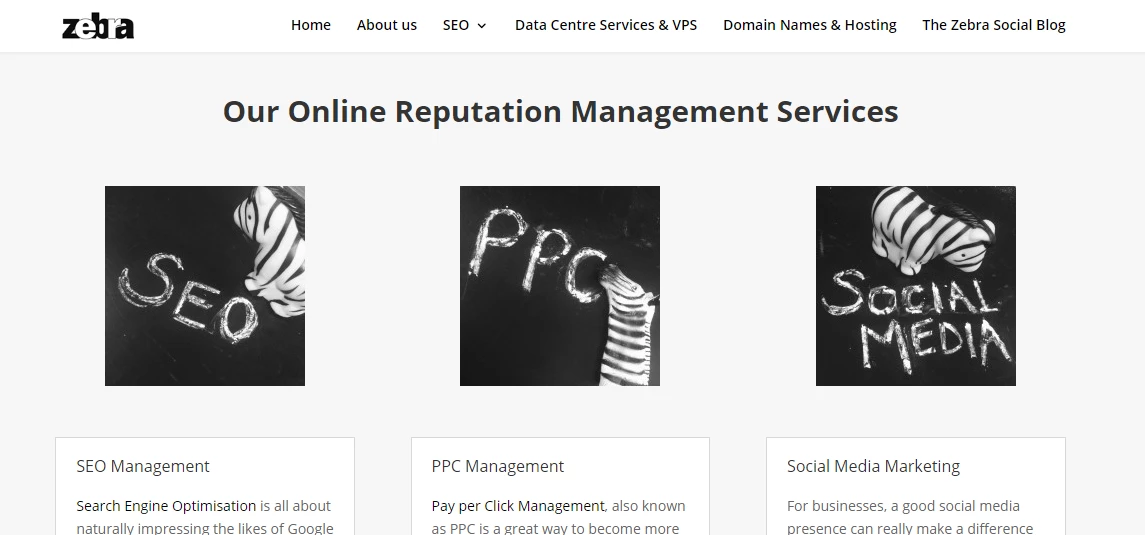
Partner Article
An Introduction to PPC Marketing
Pay Per Click, also known as PPC, is an online advertising method used to drive sales, traffic and conversions for a website or online presence. Every time a user clicks on an ad, the advertiser pays a fee to the advertising provider (Google for example) in exchange for the link through to the website. PPC marketing is most commonly used with Google Adwords, and is primarily used as a quick way to appear at the top of search results for your keywords and phrases.
When managed correctly, businesses can achieve short-term return on investment with their campaigns, and be able to compete for terms that are more difficult to achieve in the organic SERPs.
Sadly, PPC isn’t the most simple way of marketing, and requires a lot of knowledge, training and time if you’re going to do it effectively. Even the language used in this form of marketing can be a little overwhelming, kind of like learning a new language. So, to make things a little easier, here’s an overview of some of the more commonly used terms in PPC advertising and why they may be relevant to your business:
PPC: in a nutshell, pay per click marketing is a paid advertising campaign, where advertisers must pay Google every time a user clicks on their ad. A daily budget is set to ensure the advertiser doesn’t overspend, as some clicks for competitive terms can be very expensive!
Broad match: this is a keyword matching method used in Google AdWords, where an ad is matched with searches which are similar to the keywords in a campaign. For example if a user was searching for ‘buy Christmas socks’, the search may return results which are misspelt or are related to other Christmas searches.
Exact match: another keyword matching method used in Google AdWords, where an ad is matched exactly to the user’s search. The symbol used within Google AdWords for exact match keywords is [Keyword].
Phrase match: similar to exact match, phrase match is a matching method which only shows exact, or very similar phrases in search results. The special symbol used for a phrase match is “keyword”.
Negative match: this kind of matching method ensures ads are never shown with searches which include a specified negative keyword. For example if you are targeting male t-shirts you would have ‘–women’ as a negative keyword. This matching method is used for keywords which are very competitive and can show varied results.
Geo-targeting: quite simple, this term is related to targeting ads to certain geographical regions. For example if a company only wanted to offer their services in the North East of England, they would create ads which only targeted the North East. Geo-targeting can be adjusted at any time during an ad campaign.
Content placement ad: also known as contextual targeting, this process matches ads to relevant sites in the Display Network which use your terms. It’s a simple process where Google’s system spiders every webpage to see if any of the content is relevant to your keywords, language and locations, amongst other factors. This kind of ad only works when a campaign is set to Display Network.
Impression: an impression is counted every time your ad is placed in Google search results, and other websites or apps. When using Google AdWords you are able to see how many times your ad has been potentially been seen, although this doesn’t necessarily always end in a click-through to your website.
This of course is only a tiny insight into the terms and processes used in PPC advertising. If you’d like to learn more, contact Zebra Internet Services today, and ask about our Pay Per Click Training courses. We also offer full PPC setup and management for clients who prefer third party management of their online marketing, in addition to organic SEO campaigns and Social Media Marketing strategies. For more information visit www.zebra.co.uk today!
This was posted in Bdaily's Members' News section by Stephanie Hutcheon .








 Putting in the groundwork to boost skills
Putting in the groundwork to boost skills
 £100,000 milestone drives forward STEM work
£100,000 milestone drives forward STEM work
 Restoring confidence for the economic road ahead
Restoring confidence for the economic road ahead
 Ready to scale? Buy-and-build offers opportunity
Ready to scale? Buy-and-build offers opportunity
 When will our regional economy grow?
When will our regional economy grow?
 Creating a thriving North East construction sector
Creating a thriving North East construction sector
 Why investors are still backing the North East
Why investors are still backing the North East
 Time to stop risking Britain’s family businesses
Time to stop risking Britain’s family businesses
 A year of growth, collaboration and impact
A year of growth, collaboration and impact
 2000 reasons for North East business positivity
2000 reasons for North East business positivity
 How to make your growth strategy deliver in 2026
How to make your growth strategy deliver in 2026
 Powering a new wave of regional screen indies
Powering a new wave of regional screen indies